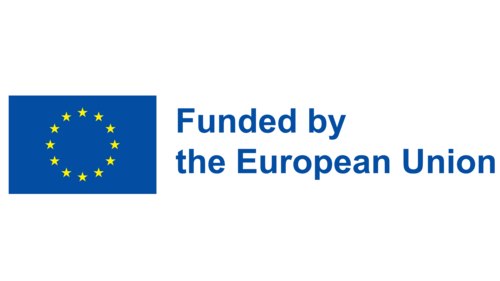CISPA Faculty Andreas Zeller receives another ERC Grant
CISPA Faculty Andreas Zeller receives another ERC Grant
For as long as there have been computer programs, there have been bugs. Time pressures during development, careless mistakes, increasingly complex programs, buggy code libraries - these are just a few possible causes of all kinds of program errors. At best, these are only annoying, for example when they cause your home PC to crash during online gaming. In safety-critical systems, for example in aviation or healthcare, program crashes and miscalculations can cost lives.
Vision and reality
"What if we had software bots that tirelessly tested, monitored and fixed bugs in our software systems?", Zeller has long wondered. He has been doing research in the field of software security and reliability for decades now. And his relentless pursuit is paying off: Zeller has been instrumental in advancing the development of automated software testing procedures. Automated testing tools, so-called fuzzers, have also long been a staple of software development. They repeatedly feed programs with random inputs to test how they respond and whether they run without errors. "The problem is: Until now, the tools have had to be adapted to the particular program being tested. That is time-consuming and costly. But only in this way are they able to generate inputs that are not sorted out by the program as unreadable data garbage in the first step. And it's the only way to really test deeper program functions."
New language - new opportunities
Why is it so difficult to generate smarter input data? "We have not been able to specify what exactly programs should do in a computer-readable way. This has been an obstacle to automated testing, monitoring and debugging of software for decades," Zeller explains. A new specification language that Zeller developed with his research team changes that. It allows inputs and outputs to be described much more precisely than previously possible. That opens up entirely new possibilities for the software bots in Zeller's vision. "With S3, it will be possible to automatically access and decode the inputs and outputs of any program. In addition, S3 can automatically run experiments to build models of the program behavior of the software at hand and capture its semantics." A milestone, as this makes fully automated testing, debugging and monitoring of software possible for the first time - of any kind of software. "In just one year, we will be able to release the first "test robots" for fully automated testing," Zeller is certain.
High honor
The computer scientist, who was already able to claim the coveted research grant in 2011, is very enthusiastic about the new ERC grant. "It is a huge award. Especially because it's the second time, and therefore I couldn't afford any flaws in my application." Now the 57-year-old will first put together a team for the project. "With S3, six new jobs are being created in Saarland, and they need to be filled. I hope that my approach will convince as many talented people as possible to do research with me." He probably does not have to worry too much about that.
About the person
Andreas Zeller is a CISPA Faculty as well as Professor of Software Engineering at Saarland University. His research focuses on the development and analysis of complex software systems. His work has a far-reaching impact on everyday life. For example, techniques developed in Zeller's research group are in use 24/7 to secure web browsers such as Chrome, Edge, or Firefox or to identify suspicious Android apps at an early stage. Zeller is an ACM Fellow and has received an ACM SIGSOFT Outstanding Research Award in addition to two ERC Advanced Grants and numerous other awards.
About the ERC
The ERC, set up by the European Union in 2007, is the premier European funding organisation for excellent frontier research. It funds creative researchers of any nationality and age, to run projects based across Europe. The ERC offers four core grant schemes: Starting Grants, Consolidator Grants, Advanced Grants and Synergy Grants. With its additional Proof of Concept Grant scheme, the ERC helps grantees to bridge the gap between their pioneering research and early phases of its commercialisation. The ERC is led by an independent governing body, the Scientific Council. Since November 2021, Maria Leptin is the President of the ERC. The overall ERC budget from 2021 to 2027 is more than €16 billion, as part of the Horizon Europe programme, under the responsibility of the European Commissioner for Innovation, Research, Culture, Education and Youth, Mariya Gabriel.
